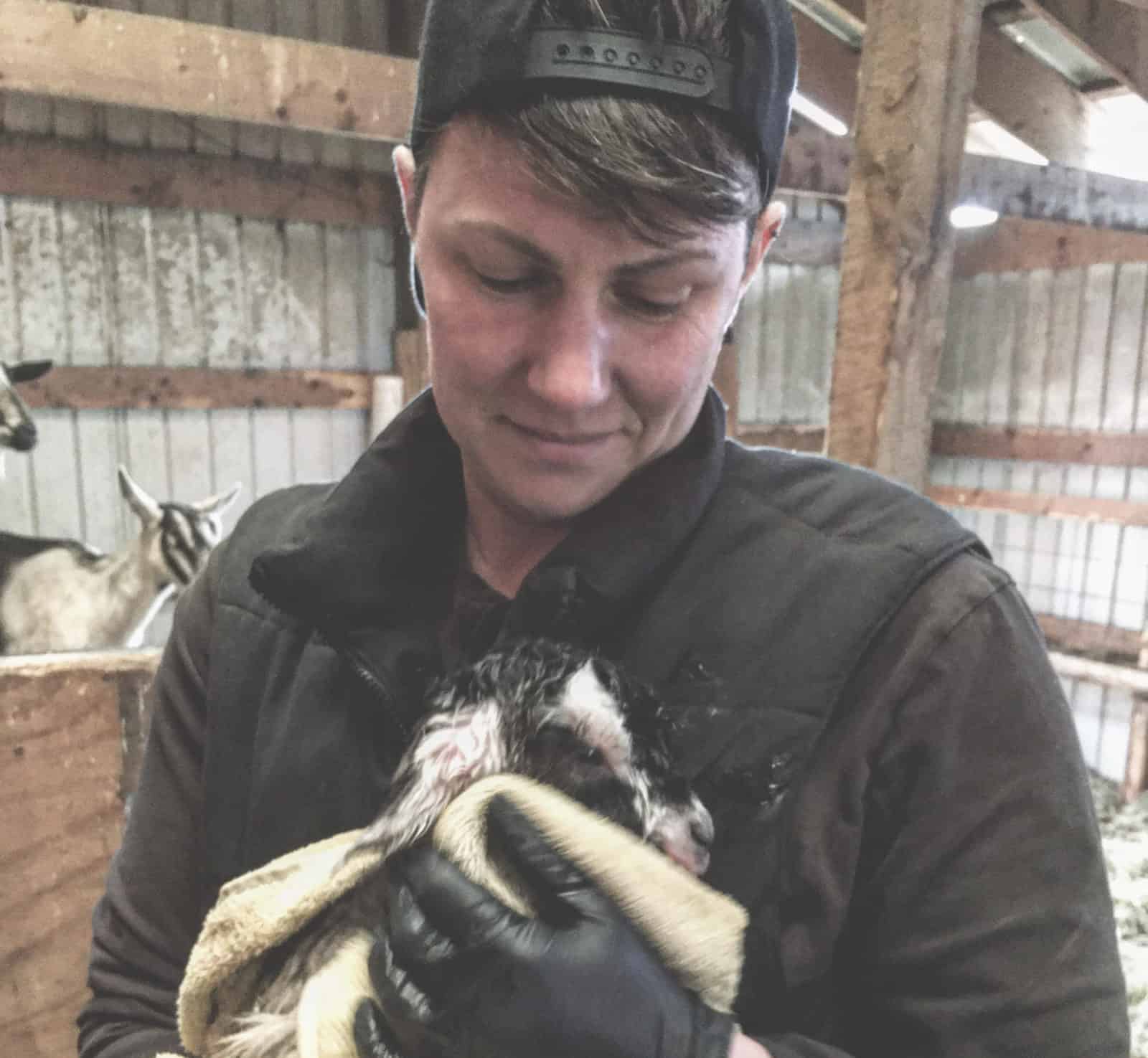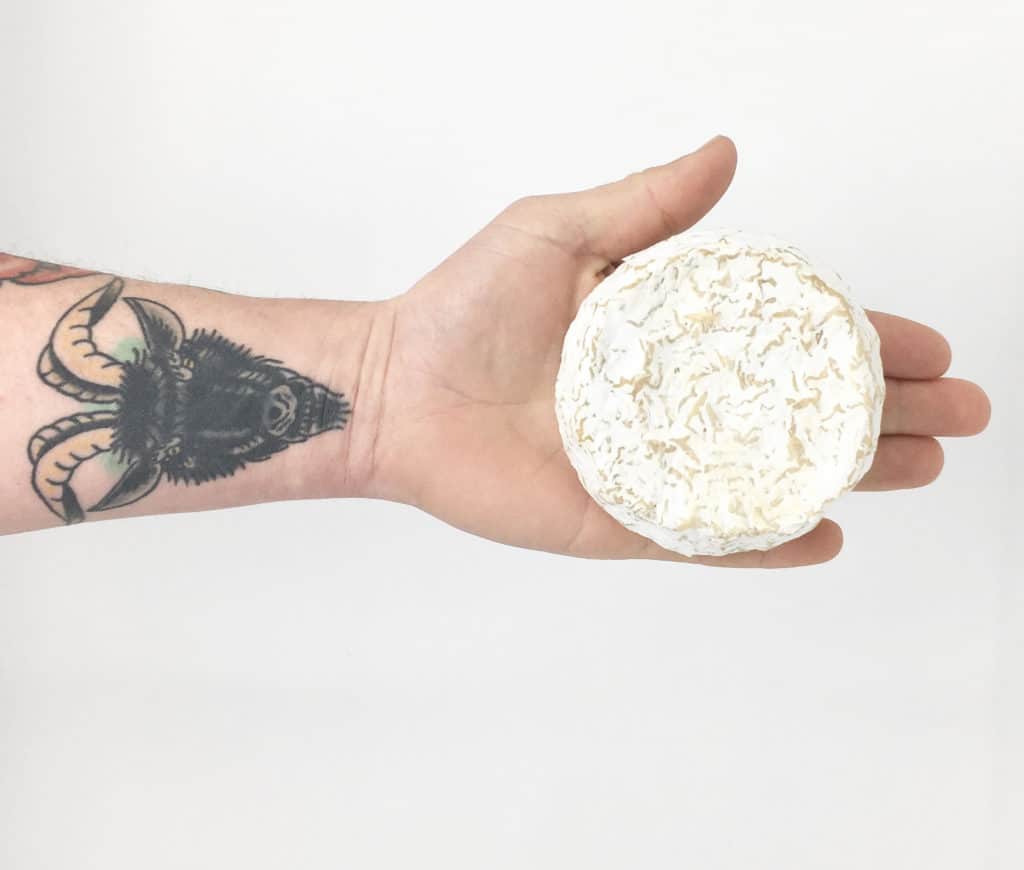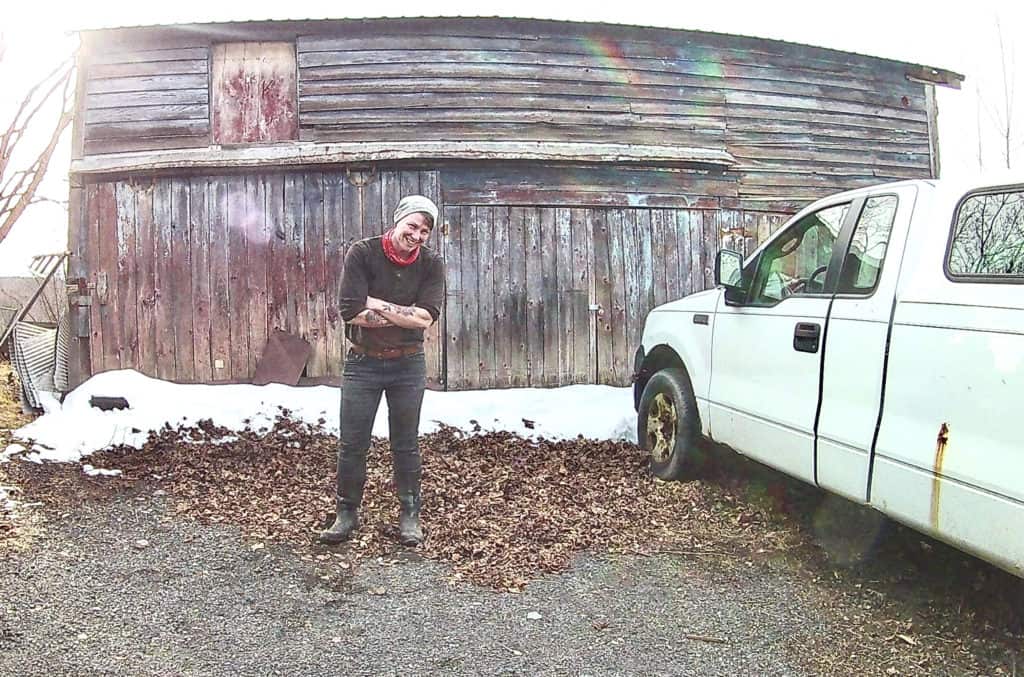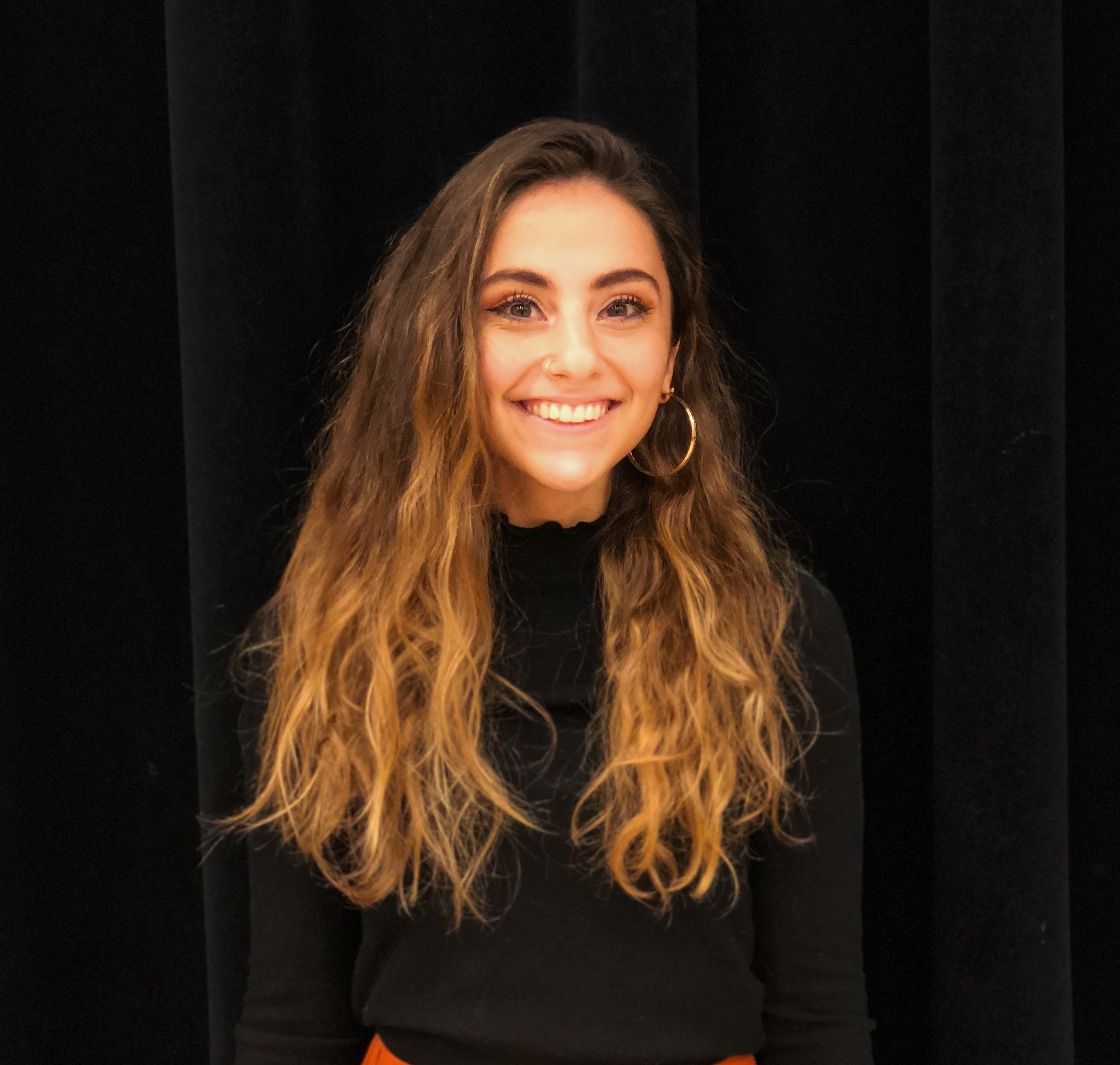
Moxie Ridge Farm owner Lee Hennessy didn’t always think he’d be working in agriculture. In fact, a look at his past life would show almost the opposite: working as an agent in Hollywood, meeting celebrities, and even walking on the Grammy red carpet. But it didn’t take long for him to realize a new life was calling for him.
Growing up, Hennessy was constantly drawn to animals and nature. He fondly remembers asking his parents to pull over whenever he saw cows by the road, so enthralled with their existence that he’d just sit and watch them. But he didn’t think farming was a viable career option; He dismissed his inherent dream of working with animals as a way to appease his peers, assuming farmers could only be born and not made.

“I was very concerned with following the rules and doing the right things,” he says, “which was also a big part of how I got through life, as a trans person, without realizing that I was trans until much later.”
At 39 years old, Hennessy has only been publicly out as a trans man for a little over a year. He remembers being deeply unhappy before coming out, finding it difficult to come to terms with who he was. Now, Hennessy is reimagining his identity within the queer community, finally living the life of authenticity and rural tranquility he’d yearned for. But it didn’t all happen overnight.
He first dipped his toes into the food world when he got a job in the wine industry between entertainment gigs in Los Angeles. “That was my first run-in with agriculture of any kind,” he says. “That’s when I started thinking about where food came from and the concept of terroir.” He fell in love with it all, eventually becoming a level-one sommelier.
Even though he later returned to the entertainment industry, the farming bug didn’t go away. He eventually left his final office job, packed his bags, and moved back home to upstate New York. He started digging into agricultural research, working on a few farms and creameries to learn about animal raising and cheesemaking firsthand. Eventually he bought a farm of his own in Fort Edward, mindful of the intimidating fact that he was going on this new journey completely alone. “I don’t have a business partner, I don’t have a life partner. It’s just me,” he says. “To say this was a learning experience would be a huge understatement.”

He worked hard building his business for three years, and has since been able to hire a three-person staff to join the Moxie family. Of course, there have been some setbacks (ahem, a global pandemic) that have kept Hennessy from having all the help he needs on the farm, but his passion and motivation keep him going.
“A lot of us, especially farmstead cheesemakers, don’t live this life to make money—we make money so we can live this life,” he says. “I’m a more healthy and happy person when this is how I spend my day. And I take a lot of pride in being good at that.”
Since finding his niche within the cheese and agriculture communities—ones he says are “very welcoming overall”—he’s been making it a priority to give back, especially to other LGBTQ+ folks in the farming world. “Activism is something that’s really important to me,” he says. “What I’m trying to do is just be as visible as possible, to other queer—and particularly trans—people who, not only want to work in the cheese world, but in the world of agriculture and small farms.”
Despite the existing prejudice and discrimination against trans folks in all walks of life—especially in rural communities—Hennessy encourages anyone passionate about agriculture or cheesemaking to follow their dreams. And he’s here to help, mentioning that any LGBTQ+ person looking for help can always reach out to him for advice.
“But my general advice is…do it,” he says. “There are a lot of scary people out in the world that don’t like us just because they don’t understand us—that’s a thing we have to deal with at some point or another—but you’ll find community in your own community. You’ll find it in the cheese world, you’ll find it in the agriculture world, and you’ll find it in the queer world.”
For Hennessy, community is at the root of it all. It’s what helped him get to where he is, and it’s what he hopes will inspire the generations of LGBTQ+ cheesemakers to come. He advises up-and-coming farmers to get themselves settled first, then reach down to help the next person up—something he works on every day. “It’s a great way to build community and a great way to build a legacy. And that’s something that I hope to do,” he says. “Even if nobody outside of my local markets ever hears of my farm, I hope that on the personal side, that’s what I can leave behind.”





